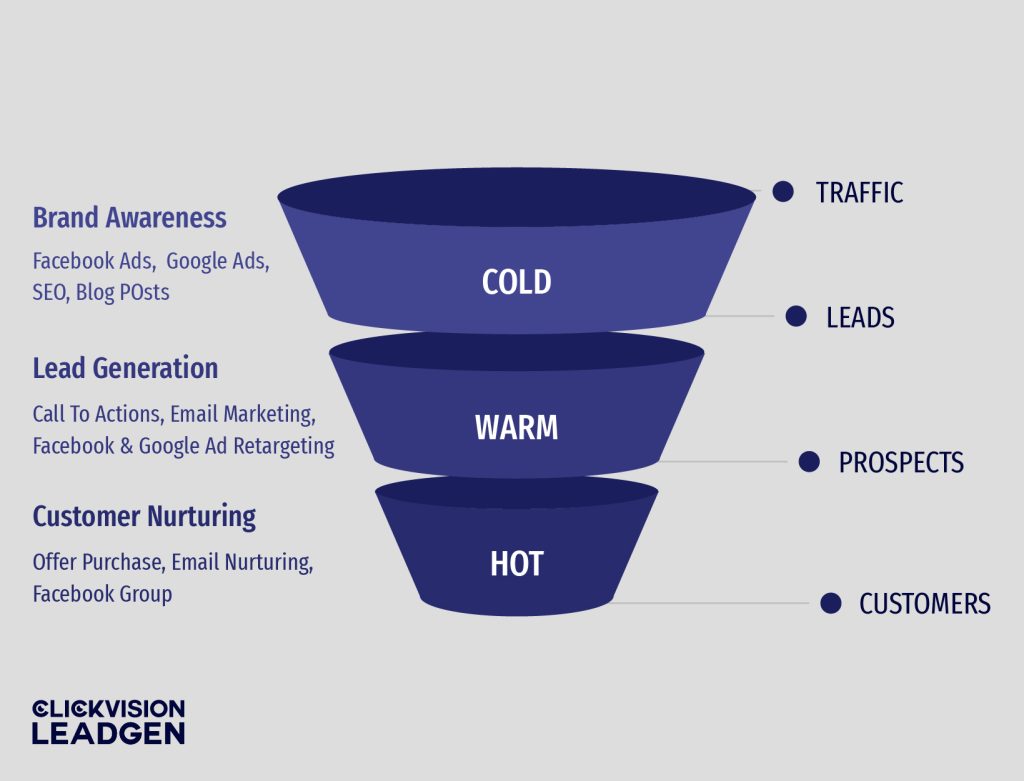To navigate the dynamic landscape of digital marketing, understanding the nuances between SEO and lead generation is critical for any business aiming to thrive in the online world. Both strategies are paramount for attracting new customers, yet their approaches are quite distinct but complementary. With this article, we aim to provide a comprehensive comparison of the core aspects of SEO vs lead generation, helping you maximize your business’s online presence and success!
Ready to know the secrets behind effective online strategies? Let’s get to it.
SEO vs Lead Generation
Search engine optimization SEO and lead generation are distinct yet interrelated elements essential for unlocking your business’s full potential.
SEO and lead generation strategies share one fundamental mission – to attract potential customers to your business. Ahead, we’ll focus on each concept that links SEO with lead generation, and just how important both grab the attention of prospective leads and turn them into actual customers of your brand,
Understanding SEO
At its core, SEO focuses on enhancing the quality and quantity of organic traffic and enhancing website visibility on search engines.
It involves optimizing website content and structure in a way that is accessible and comprehensive to both visitors and search engines.
Understanding Lead Generation
While SEO is the starting point in attracking your ideal customer profile to your brand, lead generation is the force that drives the business forward. Lead generation’s main focus is attracting potential leads to your brand and potentially turning them into customers. To achieve this, different lead generation tactics are implemented.
Lead generation often leverages consumer data to connect businesses directly with interested prospects. So, while SEO focuses on organic growth, lead generation targets immediate customer acquisition through various methods, from content marketing to email campaigns and paid advertisements

Methods used in SEO and lead generation
When optimizing your SEO practices, it’s important to grasp the various methods it encompasses. Some of the best practices and techniques to achieve effective results include:
- Keyword optimization – to rank higher in SERPs, you must identify and target keywords relevant to your industry.
- Backlink building – to boost authority, earn links from reputable sites.
- Technical SEO – to optimize speed, mobile usability, and internal links.
- Competitor analysis – to analyze your competitors and study their top-performing pages and keywords.
- Content creation – quality and relevant content are vital for addressing user needs.
Unlike SEO, lead generation methods focus on connecting with potential prospects who’ve still not yet expressed interest in the services your brand offers (but fit the ideal customer profile) or have already expressed interest in specific services related to your industry. The best practices for this strategy include:
- Prospecting – implement techniques like cold calling, emailing, and social selling to identify potential leads.
- Sales Intelligence – provide immediate access to up-to-date contact details and intent data.
- Chatbots – engage with visitors and discover their needs, preferences and specific requirements.
- Product Trials – allow potential leads to experience your product first-hand through demos.
- PPC – target specific keywords for quick conversions and tailored campaigns.
Long-Term vs Short-Term
To increase visibility and attract visitors who are actively seeking services related to your industry, SEO offers a long-term solution. It’s aimed at building sustainable traffic over time.
To achieve effective results, you must create quality content, acquire valuable backlinks, and improve user experience. Once established, SEO continuously builds on itself, providing a steady stream of organic traffic while maintaining relevance and authority.
In contrast, lead generation tactics can yield immediate results and quicker conversions. If you need a quick influx of leads to boost your sales, lead gen can be especially useful during slow seasons. From PPC advertising to email marketing, this method provides quick customer acquisition, enabling you to see an instant return on investment (ROI).
What Is The Role Of SEO In Lead Generation?
So, what’s the correlation between SEO vs lead generation in digital marketing? How do these two strategies happen to be very important for digital success?
These two form a mutual relationship by balancing online visibility and customer acquisition. SEO focuses on enhancing online presence on search engines, while lead generation employs different campaigns and tactics to connect with potential customers. plays a vital role in lead generation by driving organic traffic to your website through better search engine rankings. When you create relevant and optimized content, SEO helps position your site for terms your potential customers are likely using.
Unlike strategies focused on existing leads, SEO targets new visitors addressing their needs and interests.
Where SEO ends, that’s where lead generation begins. Once users find your website and you have captured their interest, it’s time to implement some of the lead generation tactics. This helps build relationships with potential leads and nurture them toward a sale at least. An added bonus would be if you could nurture leads and turn them into loyal customers.
SEO and lead generation should not be seen as distinctive strategies but as allies that work together to bring more leads and eventually more customers to your brand.

Conclusion
In conclusion, mastering both SEO and lead generation is essential for you to achieve sustainable and continuous organizational growth. When implemented effectively, you can seamlessly boost your online presence and significantly increase conversion rates. Together, these strategies form a powerful marketing framework that attracts, engages, and converts potential leads, helping you achieve sustained growth and strong ROI rates.

Dimitar is a seasoned marketing specialist and the visionary behind CLICKVISION. With over 10 years in digital marketing, he excels in crafting marketing strategies that boost rankings, which in return increase leads, conversions, sales, profits, and ROI.
